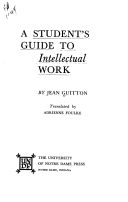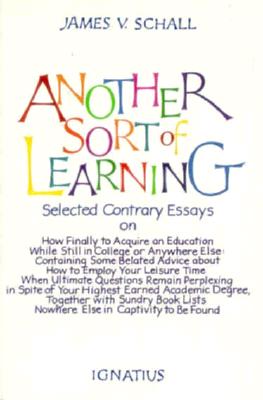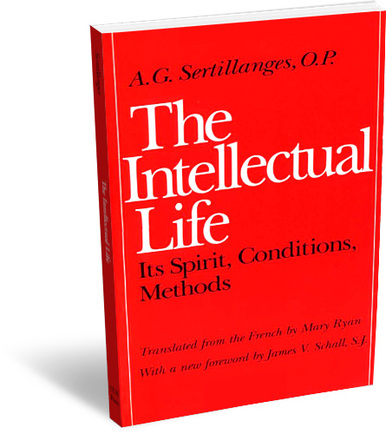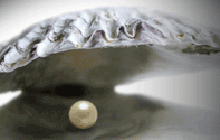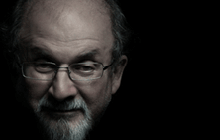So, are you ready to learn? Do you have what it takes, according to Dr. Schall, to be a great student? Remember these standards, and go into your classes with an active, teachable mind. Be a great student for life. Seek to overcome the modern compulsion to view every learning opportunity as a knowledge transaction. Rather, see it as a pursuit of reality, of truth. Consider this quote from Josef Pieper as a great way to close this meditation on learning:
“Wonder acts upon a man like a shock, he is ‘moved’ and ‘shaken,’ and in the dislocation that succeeds all that he had taken for granted as being natural or self-evident loses its compact solidity and obviousness; he is literally dislocated and no longer knows where he is. If this were only to involve the man of action in all of us, so that a man only lost his sense of certainty of everyday life, it would be relatively harmless; but the ground quakes beneath his feet in a far more dangerous sense, and it is his whole spiritual nature, his capacity to know, that is threatened. It is an extremely curious fact that this is the only aspect of wonder, or almost the only aspect, that comes to evidence in modern philosophy, and the old view that wonder was the beginning of philosophy takes on a new meaning: doubt is the beginning of philosophy. . . . The innermost meaning of wonder is fulfilled in a deepened sense of mystery. It does not end in doubt, but is the awakening of the knowledge that being, qua being, is mysterious and inconceivable, and that it is a mystery in the full sense of the word: neither a dead end, nor a contradiction, nor even something impenetrable and dark. Rather, mystery means that a reality cannot be comprehended because its light is ever-flowing, unfathomable, and inexhaustible. And that is what the wonderer really experiences. . . . Since the very beginning philosophy has always been characterized by hope. Philosophy never claimed to be a superior form of knowledge but, on the contrary, a form of humility, and restrained, and conscious of this restraint and humility in relation to knowledge. The words philosopher and philosophy were coined, according to legend–and the legend is of great antiquity–by Pythagoras in explicit contrast to the words sophia and sophos: no man is wise, and no man “knows”; God alone is wise and all-knowing. At the very most a man might call himself a lover of wisdom and a seeker after knowledge–a philosopher.” From The Philosophical Act, Chapter III, by Josef Pieper.




